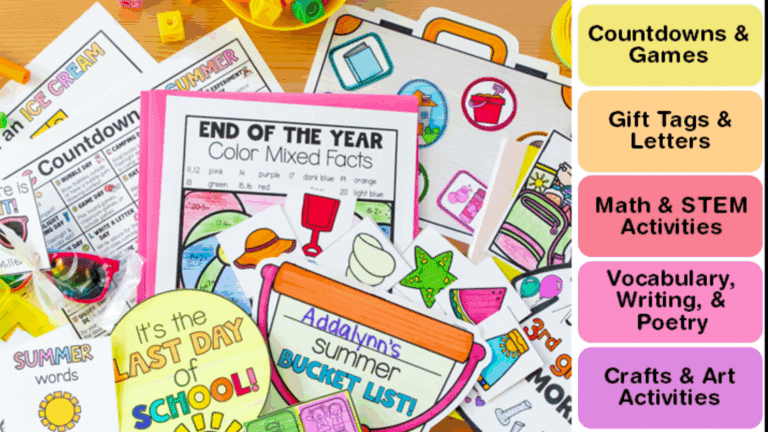Some lessons stay with you. Others fade the moment the test ends. Why? The difference lies not in how smart you are but in how you engage with information. Memorization can get you through a quiz. But if you want lasting, usable knowledge, you need a different approach.
True learning builds over time. It forms connections, strengthens through recall, and deepens when ideas interact. Whether you’re a med student or a Canadian essay writer building expertise across topics, understanding the science of retention changes how you study and how well you remember.
Memory Works in Layers
Your brain isn’t a hard drive. It doesn’t just store and retrieve at will. Memory forms in layers, starting with short-term exposure and requiring repeated interaction to move into long-term storage.
There are three essential stages: encoding, consolidation, and retrieval. Encoding happens when you first encounter the material. Consolidation occurs when the brain stabilizes that memory through sleep, rest, or repeated review. Retrieval, or the act of bringing that knowledge back to mind, is what makes it last.
Here’s the key: retrieval itself is a learning event, not just a test of what you know. Every time you pull up a fact or concept, you reinforce its pathway. This makes future recall easier and more reliable.
Retrieval Practice Beats Review

It feels more productive to reread a chapter or highlight text. But passive review tricks you into believing you’ve learned something when you haven’t. Research shows that active recall, which is trying to remember information without looking, is far more effective.
Studies show that students who use retrieval practice remember significantly more than those who rely on rereading alone. The difference is substantial, even when study time is equal.
As Jennifer Lockman noted in her analysis for the essay writing service EssayService, long-term retention improves when students shift from input-heavy sessions to retrieval-based review. Flashcards, self-quizzing, and even teaching a concept aloud are all ways to trigger recall and build durable memory.
Space It Out to Lock It In
Cramming gives the illusion of learning. But without repetition across time, memory decays fast. Spaced repetition flips that script by breaking up review sessions over intervals. You revisit the material just before you’re about to forget it, which forces the brain to work harder and remember longer.
Apps like Anki or even simple calendar reminders can help implement this. The spacing effect is well-established in cognitive science. One study showed that students who spaced out practice sessions remembered nearly twice as much after several weeks compared to those who studied all at once.
The takeaway is simple: don’t study harder right before the test. Study smarter over time.
Interleave and Elaborate
When you practice the same skill or review one topic repeatedly, performance may feel strong, but that doesn’t mean it will stick. Interleaving involves mixing topics or skills during study sessions. For example, rotate between algebra, geometry, and statistics instead of doing a full hour of each separately.
This forces your brain to retrieve and apply knowledge under varied conditions. The result is better retention and adaptability. You’re not just memorizing steps. You’re understanding when and how to use them.
Elaboration adds another layer. This means expanding on what you learn by asking questions, making examples, or linking ideas. Instead of memorizing “photosynthesis is the process plants use to make food,” you might ask, “Why does photosynthesis matter for the food chain?” or “What would happen if plants stopped doing it?” Elaboration turns surface knowledge into a deeper framework.
Sleep, Distraction, and Real Retention
Memory doesn’t only depend on active techniques. Lifestyle choices affect how well your brain encodes and consolidates information.
Sleep is essential for memory consolidation. When students skip rest or study through the night, the brain struggles to store what was learned. Those who sleep after studying consistently show much stronger recall than those who don’t.
Distraction is another silent killer of retention. Multitasking during study or jumping between tabs forces shallow encoding. Turn off notifications. Close irrelevant windows. Give the material your full attention, even in short bursts.
Build Systems, Not Just Habits
Sticky learning doesn’t happen by accident. It requires structure. You don’t need to overhaul your routine, but you do need to track what works.
Try this system:
- Plan what you’ll study and when you’ll review it.
- Practice retrieval at least once per topic.
- Space your sessions using a calendar or app.
- Mix subjects to build flexible thinking.
- Sleep to seal the gains.
It’s not about perfection. It’s about consistency. The brain thrives on patterns, and your system gives it the cues it needs.
Lasting Learning Pays Off
When knowledge sticks, it frees up mental energy. You no longer scramble to relearn the basics before every test. Instead, you can focus on solving problems, applying concepts, and connecting ideas.
This doesn’t just apply to school. Whether you’re preparing for certification, writing professionally, or managing complex tasks, sticky learning boosts your confidence and efficiency.
The tools are within reach. You don’t need fancy software or a perfect environment. You need the right strategy, applied repeatedly, with awareness of how the brain learns.
















